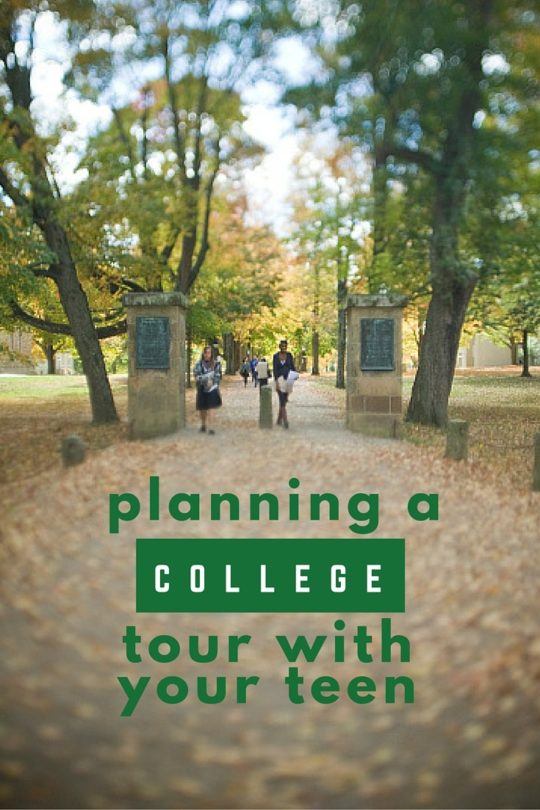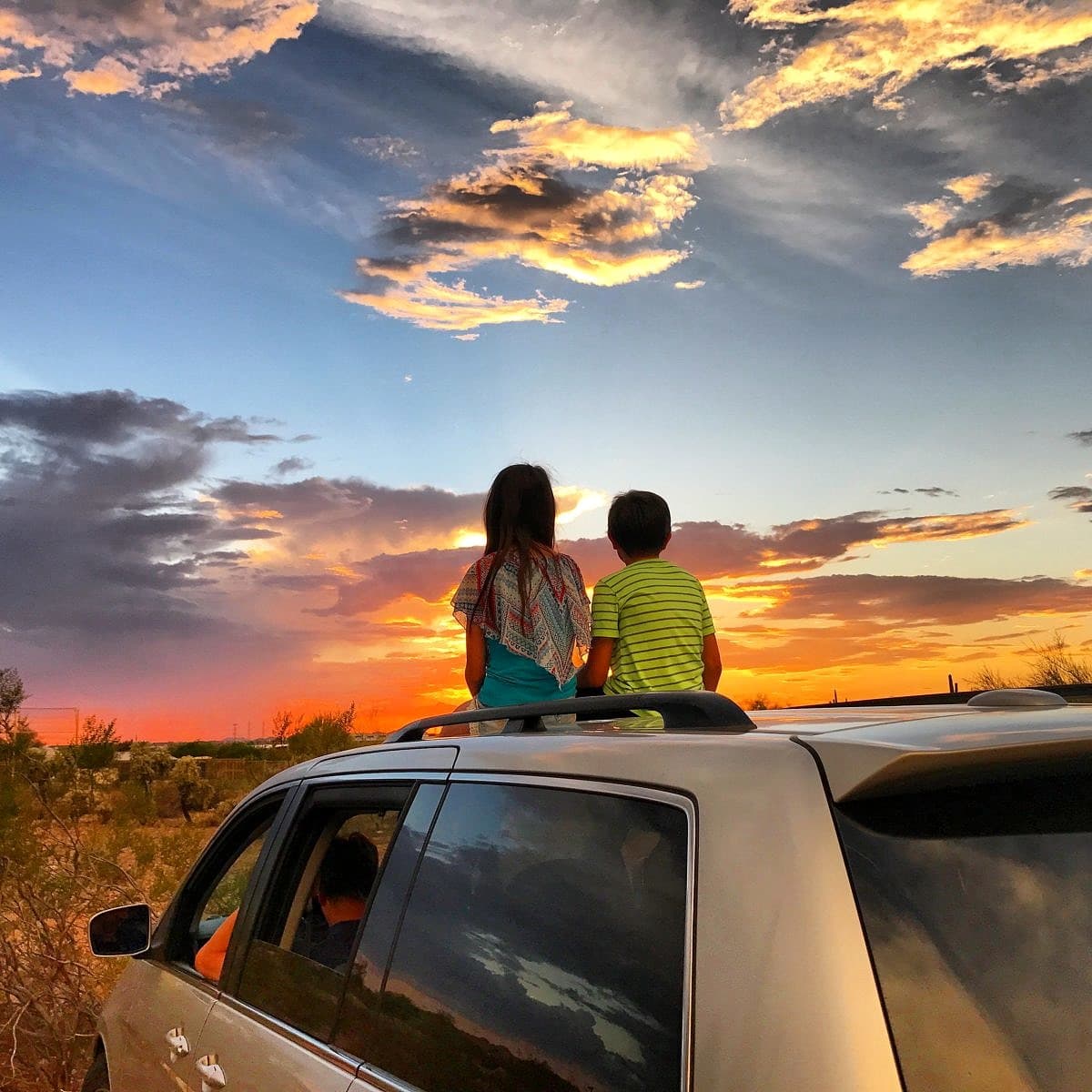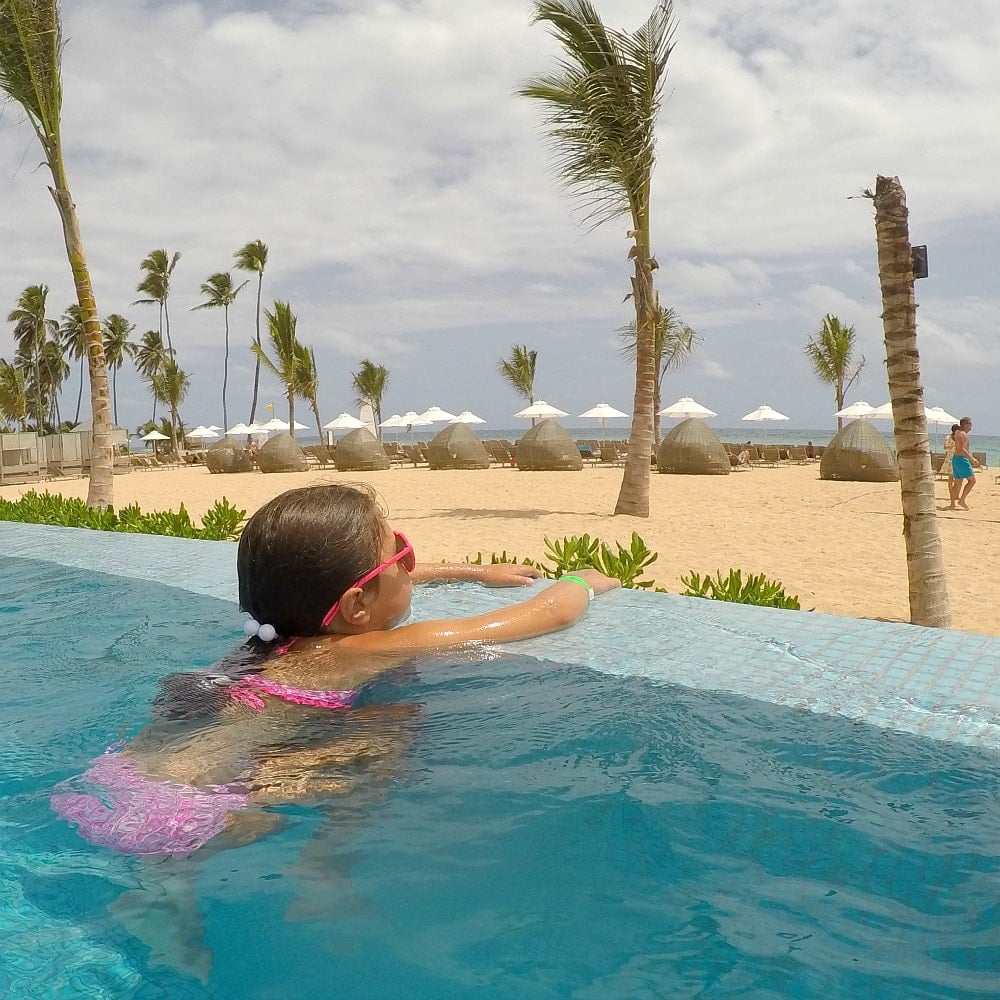How to Plan a College Tour with Your Teen
You know it’s coming. One of these days, your little fledglings are going to leave the nest. For many of us, that means they’ll be going to college. And college doesn’t just happen. There are many, many steps along the path to college, and I’m here to help you with one of them: touring potential universities. Follow these 10 tips for planning a college tour with your teen!
This website sometimes receives compensation, hosted travel, or products related to blog posts. This article may include affiliate links at no extra cost to consumers. As an Amazon Associate, we earn money from qualifying purchases.
1. Talk to your teen.
How do you even start the process? “That starts with several heart to heart conversations with your child about where they think they will learn best, and where they will be inspired,” says Karen Schwarz of Essaymom.net, who advises students during the college application process.
“Think about the setting. Is it going to be a large state university? Is it going to be a small liberal arts college in rural Pennsylvania? And sometimes kids really don’t know that yet.”
Some teens are overwhelmed by the choices and will appreciate a no-pressure opportunity to think about the environment they might like first, before having to state affirmatively that they are interested in a particular school.
2. Start with local colleges.
To help your teen start thinking about what type of school will spur inspiration, take some informal tours of local colleges or universities or plan a stop along your route on your next family road trip. Get a feel for the campus at a large state school and a small private college, an urban school and a more insular rural school. Kids may not be able to articulate which schools they like and don’t like until they see how different the environments can be.
3. Focus on your teen’s interests.
Think about your child’s interests, both academic and extracurricular, and look for lists of colleges that offer both. Maybe your teen wants to study medicine but also really loves performing theater or playing in the orchestra. Or maybe she wants to study business but wants to rock climb in her free time.
The combinations are nearly endless, but so are the possible college matches. It’s a great time to let students dream and imagine their future.
4. Plan a college tour trip, or several.
Once your child has articulated what he or she is looking for in a college, have your teen look through one of the large college guides to mark the ones that they’d like to know more about.
You may find that your kid really wants to go to college in New York City, so a long weekend there might be your first and only trip. Or maybe he wants a smaller rural experience in Ohio or Pennsylvania, and a longer road trip is in order. Enlist the student’s help in planning out your trips.
5. Decide when to go.
“Ideally, you’ll time your visit while school is in session, so you can get a feel for what the place is really like,” said Schwarz when I interviewed her for my podcast about family travel. Realistically, you may have to go when your child’s school is on break, which may be when the college is on break, too. Many people start their visits the summer after 10th grade, and work them into long weekends and breaks until applications are due in senior year.
6. Stay close to school grounds.
“Stay as close to the campus as possible, for practical reasons as well as for getting a feel for the immediate community of the campus,” says Schwarz. “Check out VRBO, check out the chains, and tell them when you call that you are there to look at the campus and you may get a discount.”
Some universities even offer inexpensive lodging in their dormitories during the summer, which can add another layer of experience to your college tour. Remember that parking on or near campus is not always easy, and allow plenty of time to get to the admissions office.
7. Visit the campus.
Be sure to walk around the campus during your college tour to experience it from a student’s perspective. Are there lots of stairs? Do students skateboard or ride bikes to class? Is there a pharmacy on campus? Where do students hang out between classes?
Visit the departments where your child is most likely to study – the classrooms, the labs – as well as the activity centers and cafeterias. Make a checklist of the things that your kid will be most interested in doing – music practice rooms, the radio station, fraternities/sororities, sports and fitness facilities.
Be aware that on the official campus tour they will show you the most excellent facilities they have, and the newest dorms. If your child is serious about the school and goes back for another visit, he or she can experience more of the campus, including the less attractive stuff the admissions office might not show you.
8. Save money for your college tour.
- Ask the admissions office if there are specials for visiting students at nearby hotels or restaurants
- Amtrak offers discounts for families visiting colleges. You must register at their Campus Visit website to receive the discount.
- Contact the local tourism office to see if they offer any promotions to prospective students.
9. Don’t panic about seeing it all.
If a student is serious about attending a college, this initial college visit will be just that: the initial college visit. Keep in mind your child will probably go back and do an overnight, or go to an “accepted candidates day.” This won’t be your first and last chance to see the college. And if it is, that’s fine, too.
Plenty of students have registered for college without ever having set foot on campus. But embarking on a college tour with your teen provides an opportunity to figure out what sort of environment he or she will need to thrive when it’s time to leave your cozy nest and fly away. And maybe it’ll ease the transition for you, too.
10. Consider alternatives.
A college tour with your teen provides a great start to planning the future. Consider alternatives if your teenager doesn’t feel excited about attending university even after visiting various faraway campuses. Living at home and attending a community college is a great way to save money and get college credits.
Trade schools may be a great option. Your child may be more inclined to a career in the culinary arts, cosmetology, auto mechanics, dental hygiene, and other vocations.
Alternatively, some kids do better with a gap year after high school to work, volunteer, or travel. Your teen has a lifetime ahead to follow their passions and dreams!
Learn more teen tips.
These tips for road trips with teens will make your college tour even more enjoyable for everyone involved.
Celebrate high school graduation with these tips for visiting Disneyland with teenagers and Disney World with teens.
Got a teen interested in studying abroad? Read this family review of Rosetta Stone.
Take a look at the best travel games for all ages.
Have you been through the college application process as a student or a parent? Do you have any tips for parents or students when planning a college tour? Let us know in the comments below!
A Note from The Startup Travel Mama: Top photo by Howard Korn/Courtesy of Kenyon College, adapted with permission, second and third photos licensed from Canva.com.


















Phew, 5 years until I have to worry about this but I know it will come up quickly!
In the blink of an eye….
Just wrote something similar, and had the same feelings: it’s tough on parents to realize the day has come for college visits!
I know! How did my twirling twin toddlers get to this point on the verge of adulthood?
Uh, this is quite a topic! It’s very nice that you thought about discussing at with many of us, this moment is coming. This way, you can make it a nice trip and still enjoy the experience.
There are so many stressful things happening in high school, but the college tour can actually be fun. And it gives you some family time before the kids set out on their own.